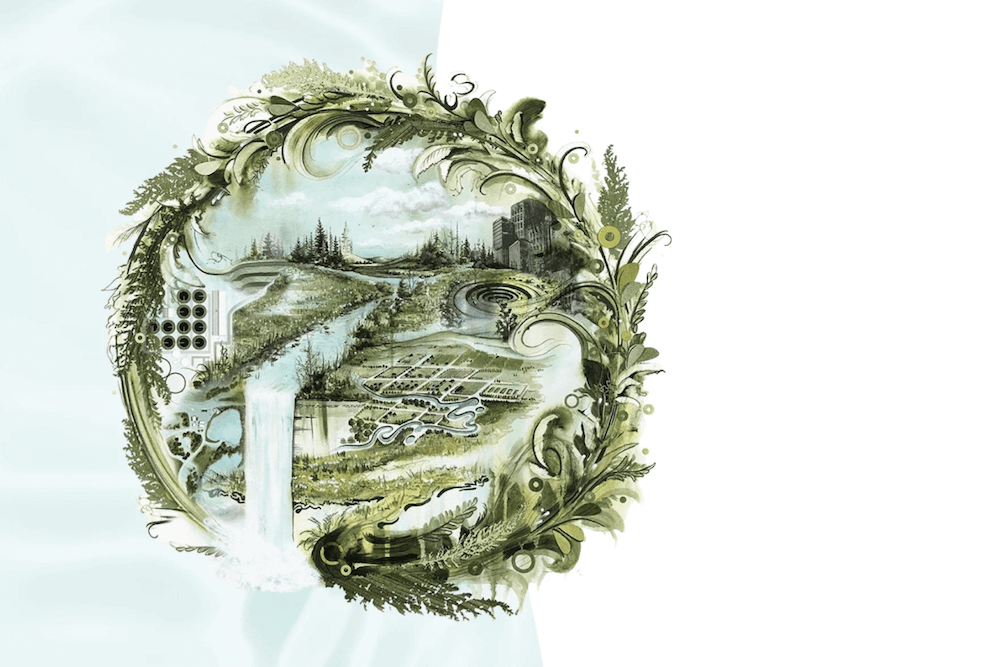University of Georgia
In Georgia, if your job involves moving soil with a trencher, front-end loader, excavator or shovel, the state requires you to be certified in erosion and sediment control by Dec. 31.
This certificate became mandatory with the passing of Georgia House Bill 285, which requires anyone involved in land-disturbing activities to be certified.
“The bill defines land-disturbing activities as any activity which may result in soil erosion and the movement of sediments into state water or onto lands within the state,” said Rose Mary Seymour, a University of Georgia Cooperative Extension water specialist.
The new law lists clearing, dredging, grading, excavating, transporting and filling of land as examples of land-disturbing activities. People doing minor land-disturbing such as gardening and landscaping don’t have to be certified.
For the most part, the law affects landscape contractors, parks and recreation workers, landscape designers, machine operators, construction contractors, homebuilders and utility contractors.
“Landscape services that would commonly fall under the certification requirement would include installing new landscapes or hardscapes, landscape renovation and laying sod,” Seymour said.
Farming and minor landscape repairs and maintenance work are exempt. Many landscape firms, though, offer services that require a certified person to be on the site.
To become certified, you must attend one of three courses designed especially for regulatory inspectors and erosion-control design professionals.
The UGA College of Agricultural and Environmental Sciences will offer several sessions of the Level 1A fundamentals class in the upcoming weeks. This is the course required for people who do land-disturbing activities.
The course covers erosion and sediment processes, the Georgia Erosion & Sedimentation Act, National Pollutant Discharge Elimination System construction permits, field maintenance, stream buffers and vegetative and structural best management practices.
Two other training courses are offered: Level 1B advanced fundamentals for people performing regulatory inspections, and Level II “Introduction to Design” for those who design and review erosion- and sediment-control plans.
To take the exam, you must show a photo identification. To earn certification, you have to earn a score of at least 70 percent on the open-book exam.
If the new law affects your livelihood, Seymour strongly suggests enrolling in a course and becoming certified.
“The consequences for violation of the Georgia Erosion and Sediment Act range from monetary fines up to $2,500 per day to stop-work orders to permit revocation and bond forfeiture,” she said. “For a site where several subcontractors are working, each firm or individual must have a responsible certified person present when they’re doing work at the site.”
For a list of upcoming courses and more information on the Georgia Erosion and Sediment Control Act, see the Georgia Soil and Water Conservation Commission Web site at www.gaswcc.org.



